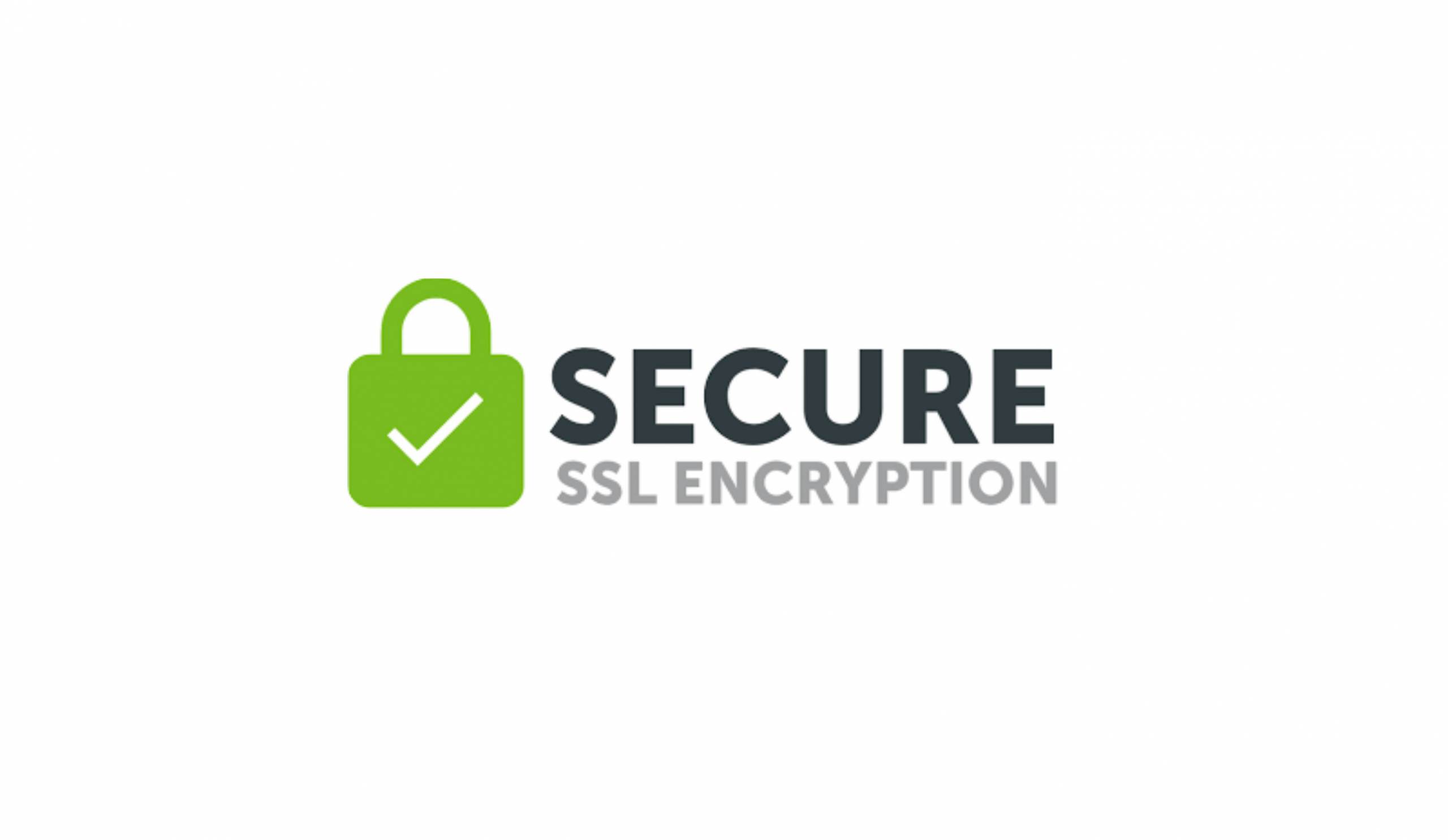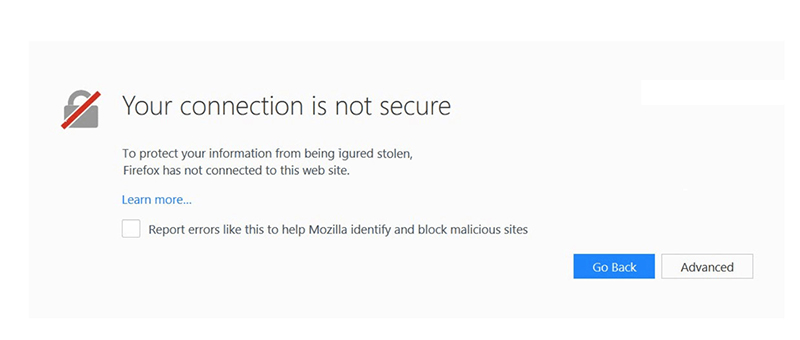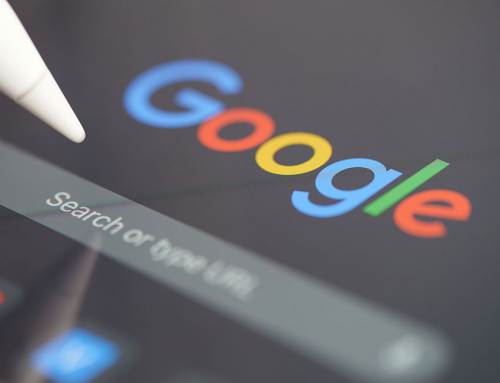Google Reconfirms ‘SSL Certificates Dont Boost SEO’
That’s right, SSL Certificates Dont Boost SEO. Anyone involved in DIY SEO has likely asked themselves at some point, whether it’s worth getting an SSL security certificate for their website and if so, will it help their SEO rankings?
But, as with most questions, there is some context to take into account and in this case, there are a few things to consider over and above Google’s recent reaffirmation that there is no boost to your SEO.
- Although there is no SEO boost, is there an SEO penalty for not having an SSL certificate?
- What did Google actually say about this?
- If I have an SSL certificate, should I not renew it?
- If I dont have an SSL certificate, should I bother to get one?
Is there an SEO penalty for not having an SSL certificate?
Although SSL certificates dont boost SEO, will not having an SSL certificate penalise or harm my SEO rankings?
No, you do not need to worry. Google has confirmed that although it encourages the use of SSL certificates to make search and the web a safer place for all, there is no benefit and no penalty in regard to your SEO efforts when it comes to SSL certificates.
This isnt to say that Google cannot or would not ever change its mind in the future, but according to the comments by Google’s John Mueller, at present there is no penalty or benefit to your SEO rankings in this regard.
Although we are looking at Google’s reaffirmation comments today, it has been consistent in this regard.
Back in 2019 Mueller answered a question about SSL certificates where a company claimed online that the lack of a certificate would cause Google to drop a site in Google’s search results. Mueller responded:
“Yeah, that’s wrong. HTTPS is not a factor in deciding whether or not to index a page, at all. We do use HTTPS as a light-weight ranking factor, and having HTTPS is great for users. A free certificate from Let’s Encrypt works just as well.”
What did Google actually say about this?
Google’s John Mueller has been fairly consistent in respect of SSL’s and SEO and although he did say in the past that an SSL certificate has a very light weight ranking factor, it pretty much opened the floodgate so that everyone rushed out and got SSL’s in the hope that even though it might only gain you one extra ranking position, that it was still a boost of one ranking position.
As Google never revealed just how ‘light’ a “very light weight ranking factor” is, it didnt stop the frenzy and it certainly didnt stop people cashing in on selling SSL’s.
Nevertheless, Google’s John Mueller is a ‘Search advocate’ who coordinates Google Search Relations and he recently added more direct comment to the debate on SSL certificates and SEO via the social media site Mastadon, where a member called EncryptedFence, [who seems to promote an SSL provider] had posted:
The Comment: “Boost your website’s SEO and reputation with a must-have security measure: SSL Certificate – Don’t miss out on the benefits! Get an SSL certificate today and keep your website safe.” [promotional link to SSL provider removed]
Google’s John Mueller Replied: “@EncryptedFence this does not “Boost your website’s SEO”, sorry.”
We previously covered this debate ourselves after we found no credible relationship between SSL and SEO.
Our 2018 post on Do SSL Certificates Affect SEO said the following:
“Do SSL Certificates Affect SEO according to Google? Well, on August 6, 2014 Google said the following:
…so we’re starting to use HTTPS as a ranking signal. For now it’s only a very lightweight signal—affecting fewer than 1% of global queries, and carrying less weight than other signals such as high-quality content—while we give webmasters time to switch to HTTPS”
And in the 4 years since the above statement was made there has not been a single credible report to verify that SSL as a ranking signal is anything but the “very lightweight signal—affecting fewer than 1% of global queries” it was made out to be, by Google back in 2014.”
If I have an SSL certificate, should I not renew it?
As we mentioned in the opening of this post, its all about context.
Although having an SSL isnt going to boost or penalise your SEO, there are benefits of having an SSL beyond any perceived impact to your SEO.
Web browsers, including Google Chrome plus Safari, Firefox & Edge flag websites and warn users using non-secure HTTP connections. Those browsers alone make up for approximately 92% of all web browser usage so by and far the single biggest reason for having an SSL is that you wont risk the browser unsecure site warning stopping your website visitors in their tracks and preventing them from accessing your site.
If I dont have an SSL certificate, should I bother to get one?
The answer for this is the same as whether to renew one or not in that whilst having an SSL or not, will not impact your SEO, it will greatly impact the visitors to your site and as such you should avoid any action that could harm the traffic to your website.
If you saw the browser warning below after clicking a link from Google Search, would you continue to the website, if you didnt already know and trust the website?
According to a Google Chrome study, SSL warning adherence rates are in the region of 70%, which means that 70% of people whom are presented with the below warning, will not proceed to the website.
SSL Certificates Dont Boost SEO but this is more than enough reason to advocate for the use of SSL on your website over and above any lack of boost to your SEO rankings.
Looking For a Google Ads Management, PPC and/or SEO Strategy Expert?
If you liked our post and are considering going a step further?
With Google Ads budgets in excess of £3m per year being managed and delivered ROI from 300-5000%, Edible Marketing is a Freelance SEO Consultant & Google Ads Management Consultant with a wealth of experience across multiple industries.
We understand how Google Ads and Google Search works but more importantly we get to know your business, your products and services and we come up with a holistically focused plan of action to better understand your target audience and how best they might engage with your campaign.








